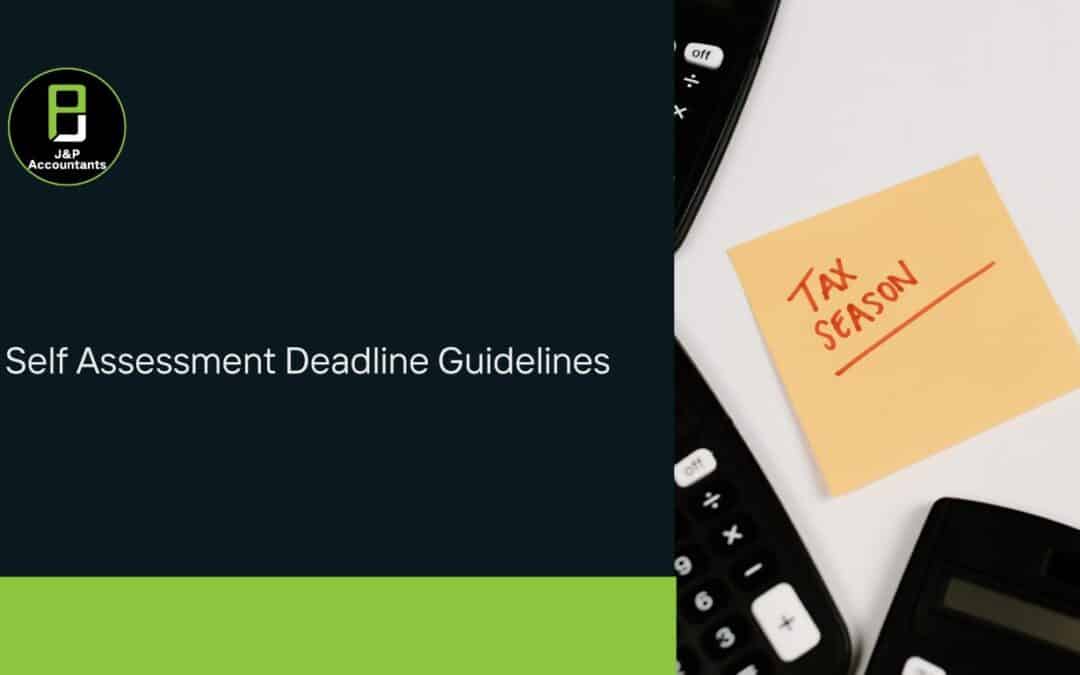As a sole trader, apart from keeping an eye on your business operations, it’s also essential to pay attention to tax compliance.
Especially when you’re starting out with a small business, you need to acquaint yourself with a series of tax laws, including Self Assessment.
Our accounting team will provide guidance on Self Assessment and related issues related to submitting tax returns based on individual circumstances.
What is Self Assessment?
In the UK, Self Assessment is a tax procedure for individuals operating as sole traders or partners.
Typically, you need to fill out a Self Assessment tax return each year to report taxable income and gains to HMRC.
Moreover, when you, as a UK resident, have other sources of property income, you need to inform HMRC through Self Assessment.
Considering the variations in different situations, feel free to consult our professional team anytime for assistance.
Completing the Self Assessment Tax Return
If HMRC sends you a “Notice to File” requesting you to complete a tax return, you must do so.
Additionally, these situations require filing a tax return:
- You’re a self-employed professional (unless the income falls within the £1,000 trading allowance per year).
- You’re a partner in a business.
- You’re a company director with taxable income but not taxed under the Pay As You Earn (PAYE) scheme.
- You have property income – for instance, if you rent out a room, a garage, or an entire property (unless the income qualifies for rent-a-room relief or falls within the £1,000 property income allowance).
- …
When to Register and Submit the Tax Return
Generally, you must register for Self Assessment with HMRC by October 5th after the end of the tax year in which you first had income or gains; otherwise, penalties might apply.
Subsequent deadlines depend on your submission method:
- Paper tax returns must be submitted by midnight on October 31, 2023.
- Online tax returns must be submitted by midnight on January 31, 2024.
A late submission of up to three months incurs a £100 fine, followed by additional fines including interest.
Moreover, HMRC will notify you of any outstanding payment from the previous tax year, typically sent to your registered address.
When you receive a bill, you must pay the owed tax by January 31, 2024.
If you have payments on account, the second payment deadline is usually July 31.
If you have any questions, we strongly advise you to consult our accounting team.


